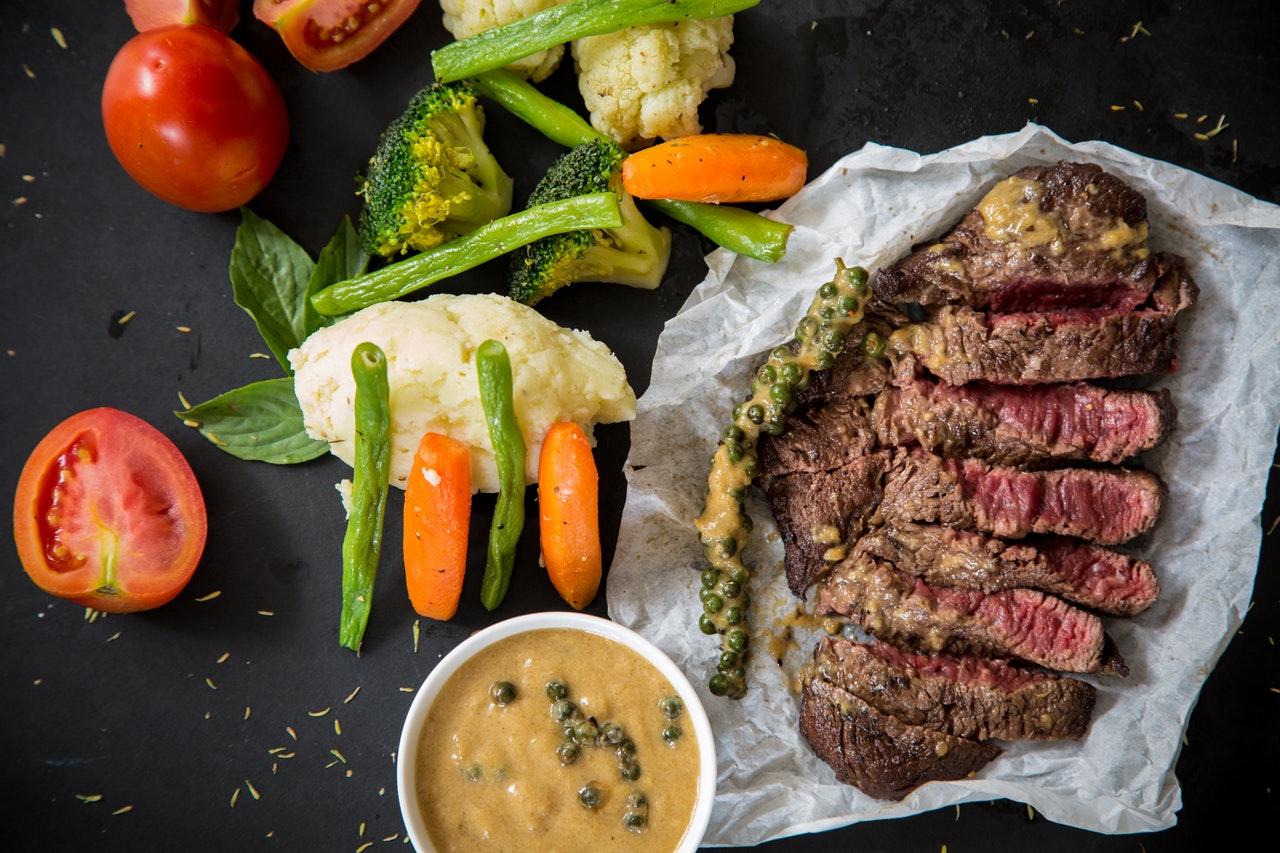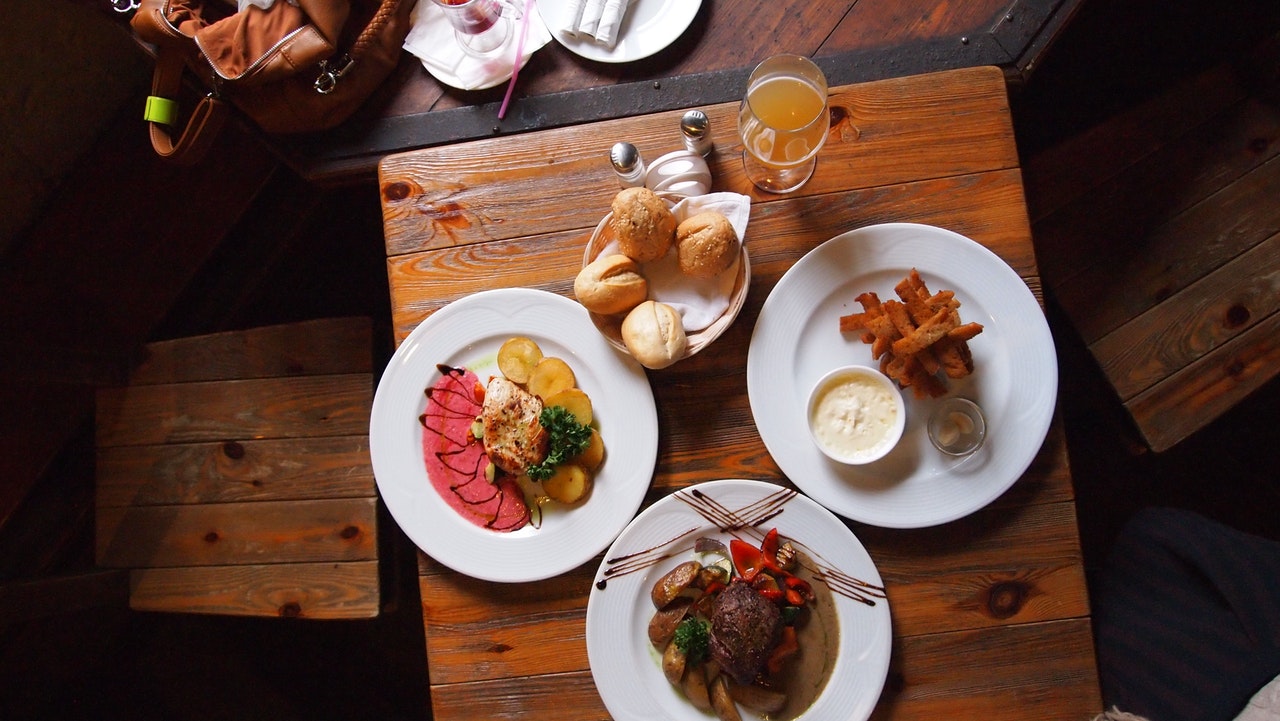Do you ever over indulge? Or, cook too much food and let half of it go to waste? Well, it is extremely common and in the UK alone we waste up to 7 million tonnes of food and drink from our homes every year, that’s according to BPI Consumer Packaging who created a fabulous infographic.
Food waste has devastating impacts on the environment with companies producing more than is needed and wasting energy. Another issue is where the waste is stored; these areas can attract vermin and create unhygienic spaces.
There are some things you can do to reduce waste in your home, here’s a list of three top food saving tips.
Home Composting
Many councils provide food bins that are collected and the waste is then recycled in one of two ways.
- The first technique is referred to as in-vessel composting which creates soil conditioner from garden and food waste.
- The second technique is anaerobic digestion which creates biogas or digestate.
When at home you can try composting yourself, but remember there are two types of compost – hot and cold.
Hot composting is a quicker process with results in one to three months. For this you will need a bin and these ingredients: carbon, air, water and nitrogen. This is for more serious or experienced gardeners.
Cold composting will see results in a year but is a quicker process, to create this you simply collect garden, food and organic waste place in a pile or bin and wait for the materials to decompose.
If this isn’t for you then you could try to be a little savvy with your cooking and food shop, try these tips:

Cook Less
Many people cook way more than is needed, piling food onto a plate rather than eating little but often or in small portions. When making meals keep in mind who you are feeding, for example children generally eat less than adults, so prepare them a small portion. Children also change their mind like the wind, one day they like something and the next they don’t, so make sure they know what they are having before cooking something that they refuse to eat. Also, don’t cook for them cook with them, they are more likely to happily eat something they have created.
When it comes to occasions such as buffets and Christmas meals always remember who and how many you are cooking for. You don’t have to cook every potato in the pack you can save some for another occasion.
Freezing and labelling food is a useful way of ensuring that things are eaten before they are off whilst also maintaining their shelf life. Bread and meat are foods that can be frozen and consumed later.
Shop Savvy
First things first, make a list as this way you will know what you need. Try setting meals for each day of the week and include snacks in this so that you don’t go overboard. This could save you both time and money.
We are all guilty of over indulging on a food shop, mainly because we choose to go around lunchtime! However, be realistic, if a product has a short shelf life but comes in a pack of six, are you really going to eat all of them? Probably not, you may eat one or two, so look for a pack of two or choose something else.
Being more aware of what we eat can save both money and the environment so let’s take a bit more time to think before we make.





